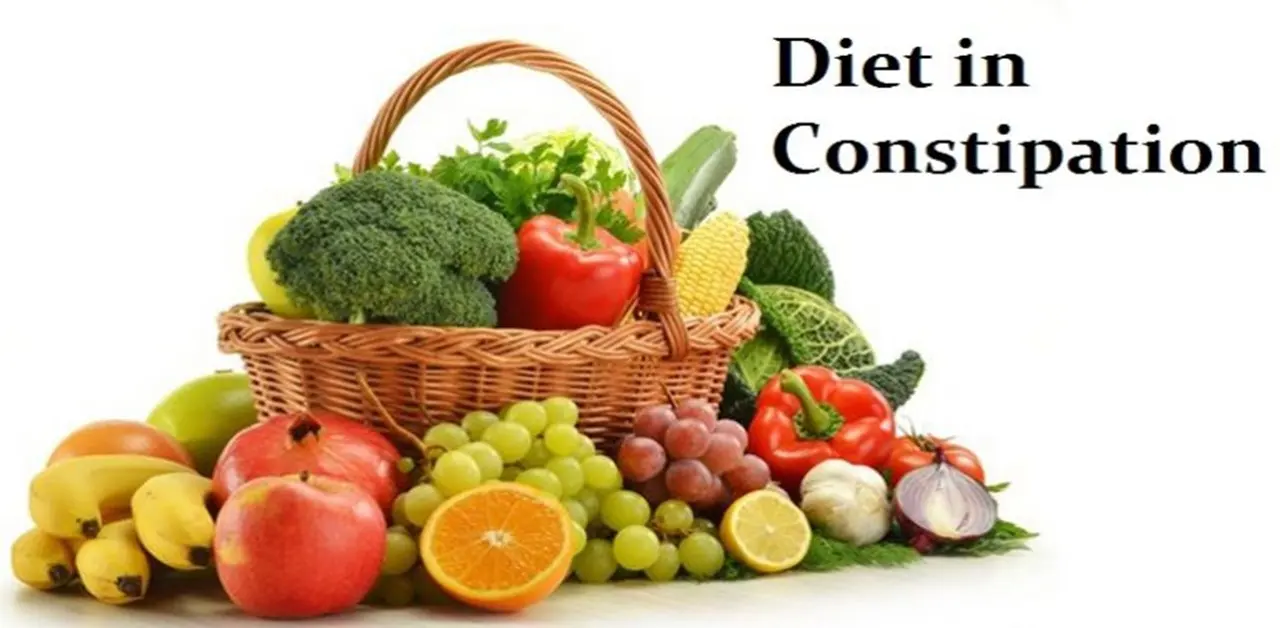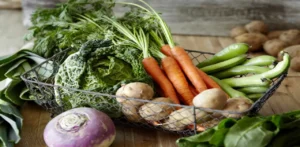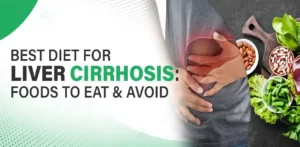Contents
Are you struggling with constipation and looking for ways to find relief through your diet? You’re not alone. Constipation affects millions of people worldwide, causing discomfort and disruption to daily life. Fortunately, one of the most effective ways to manage constipation is through dietary changes. In this guide, we’ll explore a constipation relief diet, including foods to include, foods to avoid, nutrition tips, meal ideas, and a nutrition plan tailored for digestive health.
Understanding Constipation
Constipation is a common digestive issue characterized by infrequent bowel movements or difficulty passing stools. It can be caused by various factors, including inadequate fiber intake, dehydration, lack of physical activity, certain medications, and underlying medical conditions. Symptoms of constipation often include:
- Infrequent bowel movements (typically fewer than three per week)
- Straining during bowel movements
- Hard or lumpy stools
- Feeling of incomplete evacuation
- Abdominal discomfort or bloating
While occasional constipation is normal and often resolves on its own, chronic constipation can be a persistent and frustrating issue. Managing constipation involves a holistic approach that includes lifestyle modifications, hydration, exercise, and importantly, dietary adjustments.
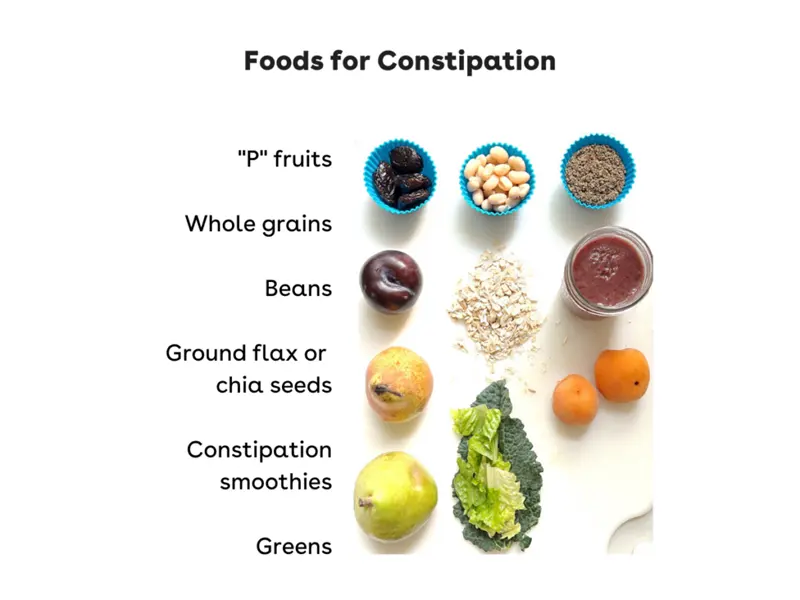
Constipation Relief Diet: Foods to Include
- High-Fiber Foods: Fiber is crucial for promoting regular bowel movements by adding bulk to stool and facilitating its passage. Include fiber-rich foods such as:
- Whole grains like oats, quinoa, brown rice, and whole wheat bread
- Fruits such as apples, pears, berries, and prunes
- Vegetables like broccoli, spinach, kale, carrots, and Brussels sprouts
- Legumes including beans, lentils, and chickpeas
- Hydration: Drink plenty of water throughout the day to keep stools soft and easier to pass. Aim for at least 8-10 glasses of water daily, and consider adding hydrating foods like watermelon, cucumbers, and soups to your meals.
- Probiotic-Rich Foods: Probiotics promote gut health and regularity. Include probiotic foods like yogurt, kefir, sauerkraut, kimchi, and kombucha in your diet.
- Healthy Fats: Incorporate sources of healthy fats, such as avocados, nuts (like almonds, walnuts), seeds (flaxseeds, chia seeds), and olive oil, to support overall digestive function.
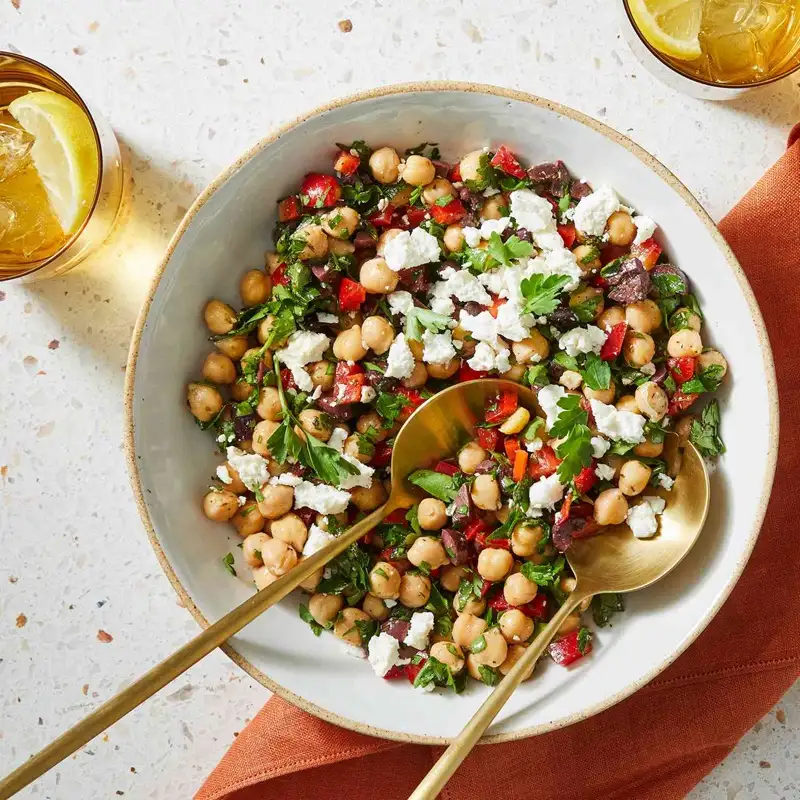
Constipation-Friendly Meals: Meal Ideas
Creating constipation-friendly meals doesn’t have to be complicated. Here are some meal ideas that prioritize fiber, hydration, and digestive health:
- Breakfast:
- Overnight oats with chia seeds, berries, and a dollop of Greek yogurt
- Whole grain toast with avocado, poached eggs, and a side of fruit
- Smoothie bowl with spinach, banana, almond milk, and a sprinkle of ground flaxseeds
- Lunch:
- Quinoa salad with mixed vegetables, chickpeas, and a lemon-tahini dressing
- Whole wheat wrap filled with grilled chicken or tofu, leafy greens, and hummus
- Lentil soup with whole grain crackers and a side of sliced cucumbers
- Dinner:
- Baked salmon with roasted sweet potatoes and steamed broccoli
- Brown rice stir-fry with tofu/lean protein, colorful bell peppers, and snap peas
- Whole grain pasta with marinara sauce, grilled vegetables, and a sprinkle of Parmesan cheese
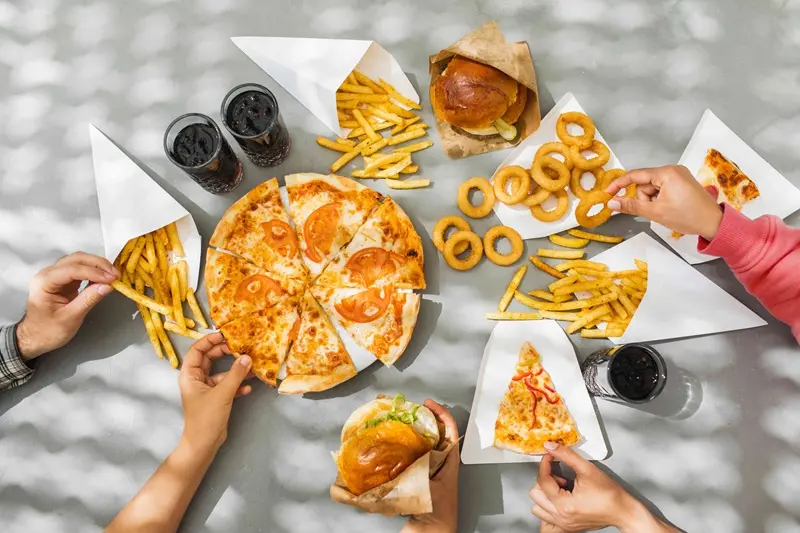
Foods to Avoid for Constipation Relief
While adding fiber-rich foods is essential, it’s also crucial to limit or avoid certain foods that can contribute to constipation. These include:
- Processed Foods: Foods high in refined sugars and low in fiber, such as sugary cereals, pastries, and white bread.
- Red Meat: Excessive consumption of red meat can slow down digestion. Opt for lean protein sources like poultry, fish, and plant-based proteins more often.
- Dairy Products: Some individuals may find that dairy products contribute to constipation. Experiment with dairy alternatives like almond milk or lactose-free options.
- Fried and Greasy Foods: These can be hard to digest and may worsen constipation symptoms.
- Alcohol and Caffeine: Both can contribute to dehydration, which can exacerbate constipation. Limit intake and ensure adequate hydration.

Constipation Nutrition Tips
In addition to focusing on specific foods, consider these nutrition tips to support digestive health and alleviate constipation:
- Eat Regularly: Establish a consistent eating schedule to promote regular bowel movements.
- Chew Thoroughly: Take your time to chew food properly, aiding digestion and nutrient absorption.
- Stay Active: Engage in regular physical activity, such as walking, jogging, or yoga, to stimulate bowel function.
- Manage Stress: Chronic stress can affect digestion. Practice relaxation techniques like deep breathing or meditation.
- Seek Professional Advice: If constipation persists or is accompanied by other symptoms, consult a healthcare provider for personalized guidance and potential underlying issues.
Also Read: “Manage GERD with the Right Diet: Tips and Foods for Relief”
Constipation Nutrition Plan
Creating a personalized nutrition plan for constipation relief involves incorporating the right foods, staying hydrated, and adopting healthy eating habits. Here’s a sample daily plan:
- Breakfast: Overnight oats with flaxseeds, almond milk, and mixed berries
- Snack: Greek yogurt with sliced bananas and a sprinkle of nuts/seeds
- Lunch: Quinoa salad with grilled chicken, avocado, and a variety of colorful vegetables
- Snack: Hummus with carrot sticks and whole grain crackers
- Dinner: Baked salmon with quinoa pilaf and steamed asparagus
- Evening Snack (if needed): A small bowl of prunes or a fruit smoothie with spinach and almond butter
Remember to tailor this plan to your individual preferences, dietary needs, and any food intolerances or allergies.
Conclusion
A constipation relief diet is a powerful tool in managing digestive discomfort and promoting overall well-being. By focusing on fiber-rich foods, hydration, probiotics, and healthy eating habits, you can support regular bowel movements and improve your digestive health. Experiment with different foods, meal combinations, and lifestyle adjustments to find what works best for you. For persistent or severe constipation, consult a healthcare professional for comprehensive evaluation and guidance tailored to your specific needs. Embrace the power of nutrition for a happier, healthier digestive system.
